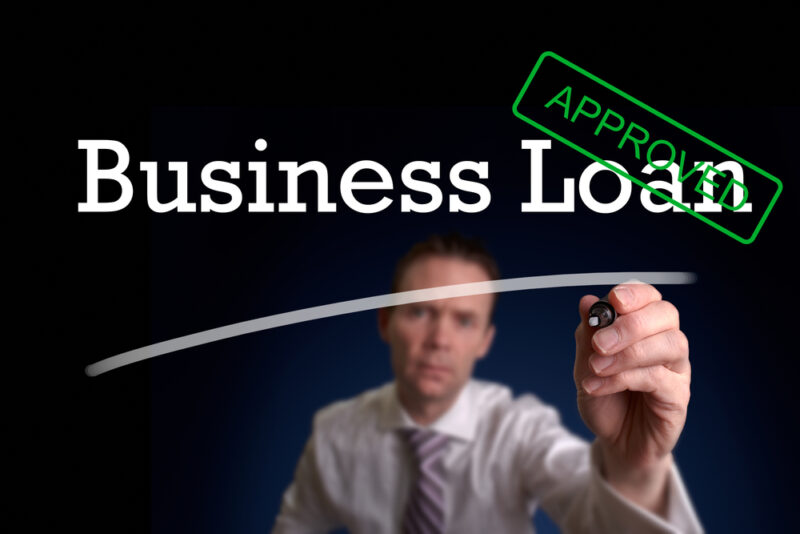A fixed deposit remains one of the most popular investment options in India. The secured nature of the investment and assured returns are a prospect that many people find attractive.
Notably, besides a fixed deposit offered by banks and other financial institutions, there also exists FDs offered by various companies. Now, while investing in a bank FD, it is likely that you compare fixed deposit interest rates offered by different banks with respect to the tenure, and accordingly, make a decision. But when it comes to investing in a company fixed deposit, there are many things you need to take into consideration.
Here’s what you need to know:
Evaluate the risk:
In the case of a bank FD, you can be completely certain of receiving the promised returns. However, the same does not hold true for a corporate fixed deposit. For a company to make payments to you, it has to first fulfil its own financial goals. Remember that an investment in a corporate FD is not secured against any collateral belonging to the company. Thus, this puts you in a risky situation. And there are chances that a company may default on payments.
In a sense, corporate FDs are more risky investments than a bank FD, yet less risky in comparison to investing in stocks or an equity.
Evaluate the company:
To minimise the risk of your investment, a proper analysis of the company is essential. You must know how the company has been performing over the last few years, and understand their financial standing. What are their debts? How is their cash flow? What is the value of their fixed assets?
Moreover, you must understand the company’s record of making profits and whether the firm has been in a loss for many years. Also, pay attention to any legal issues that may be adversely affecting the company.
Very importantly, if the company is known for not paying its investors on time, you should avoid investing there. Herein, the trustworthiness of the company’s management also matters. If it seems that you cannot trust the leaders promoting a company, it is best to avoid investing there.
Note that you can also refer to the credit ratings of companies in order to better evaluate them.
Evaluate FD terms:
A corporate FD has the returns paid in 3 months, 6 months or on a yearly basis. Decide at the start itself, on when you’d like the returns to be made payable. Instead of regular payment option, a cumulative scheme can earn you higher returns. And it is advisable to stay invested for around one to three years.
You need to also be aware of the lock-in period for the corporate FD and the penalty terms for the same. A lock-in period is one, wherein, you are not allowed to withdraw money from the investment. Generally, this can be around six months.
Hence, try to get a corporate FD that has the least lock-in period and comes with the minimum penalty for withdrawal. You can also decide the tenure with the help of various online FD calculators.
Don’t fall for attractive offers
A bank FD may offer an interest rate of around 8%. For a corporate FD, this may even be around 11-12%. So, if a company is offering you an interest of 17%, you should be suspicious. It is likely that the company is facing a considerable shortage of funds and hence, is trying to attract investors with such proposals.
In such a case, there may be very high chances that the company may not pay back the investors.
Yes, an investment in a corporate fixed deposit can certainly help you more than investments in a normal bank FD. But, it remains absolutely important that you keep the above things in mind before proceeding with making an investment.





